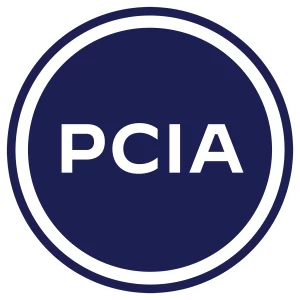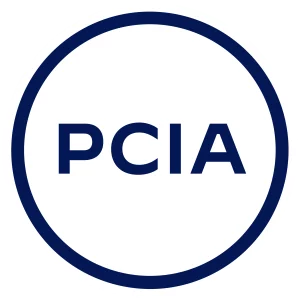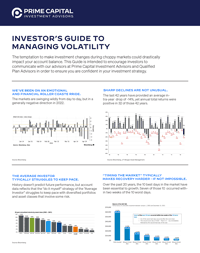We’ve turned our calendars, set off our fireworks and counted down as the ball dropped. Now, it’s time to take action in the new year to prepare for 2024 and beyond. And if you’re looking to set yourself up for financial success, now is a great time to assess your budget, your debt status and your objectives, as well as how the three stack up against your financial objectives.
Luckily, we’re here to help, and we’ve put together a comprehensive list of steps to get you started and give you direction as you work toward your goals for the short- and long-term future.
1. Revisit Your Household Budget
First and foremost, it’s important to revisit and assess your household budget, especially if you haven’t recently. Maybe your circumstances have changed. If they have, maybe your goals have changed, and it’s possible that you need to recalibrate both your approach and your plan to reach your objectives. We always recommend starting with an evaluation of your current monthly income.
How does it compare to your expenses, both fixed and variable? Are you currently meeting your spending, saving and investing goals, or do you need to begin placing more to the side to ensure that you’re set up properly for the future you desire? Right now, during periods of high inflation and skyrocketing prices for essentials like groceries and gas, is the perfect time to identify your goals and ensure that your budget positions you to achieve them.
2. Check Your Emergency Fund
One of the first steps toward achieving your financial goals and feeling confident in a plan of attack for the future is developing a sufficient emergency fund. Traditionally, we recommend building up three-to-six months’ worth of expenses, giving you ample time to land on your feet in the event of the worst or cover unexpected yet necessary repairs to your lifestyle and the tools you use to live your everyday life.
Again, this becomes even more prudent in times of economic decline or downturn, and as the possibility of a recession looms amidst threats of government shutdowns and high periods of inflation, it’s important to establish a safety net that gives you flexibility for your career, your family and your dreams.
3. Tackle Your Debt
A plan to actively pay down debt is one of the most important parts of a comprehensive financial plan, even if you’re already diligently chipping away at owed money at a speedy pace. And this isn’t just about your financial wellbeing; it’s about your mental health, too, as debt takes a toll on your ability to feel confident and secure in both the present and the future.
One of the best ways to pay down outstanding debt is by using additional income that you weren’t previously collecting and that you don’t figure into your month-to-month budget. This can include annual raises, year-end bonuses, inheritance and more. You can also explore options that carry smaller interest rates, as record-high interest rates have made it even more difficult for consumers to pay off debt accrued during periods of rapidly rising inflation. As always, this is something your advisor should be able to help you with, as our goal is to unlock your potential, free your creativity and empower your aspirations.
If you would like help with your custom financial and retirement plan, contact Jason Noble, CFP®, RICP® and the team at PCIA Charleston at (843) 743-2926. Jason holds both CERTIFIED FINANCIAL PLANNER™ and Retirement Income Certified Professional® designations and was named number five out of the Top 100 Solo Advisors to Watch in 2023 by AdvisorHub.
This article is provided for general information only and is not to be construed as financial or tax advice. It is recommended that you work with your financial advisor, tax professional and/or attorneys when tax planning.
Advisory products and services offered by Investment Adviser Representatives through Prime Capital Investment Advisors, LLC (“PCIA”), a federally registered investment adviser. PCIA: 6201 College Blvd. Suite #150, Overland Park, KS 66211. PCIA doing business as Prime Capital Wealth Management (“PCWM”) and Qualified Plan Advisors (“QPA”).
#011624006 JG





